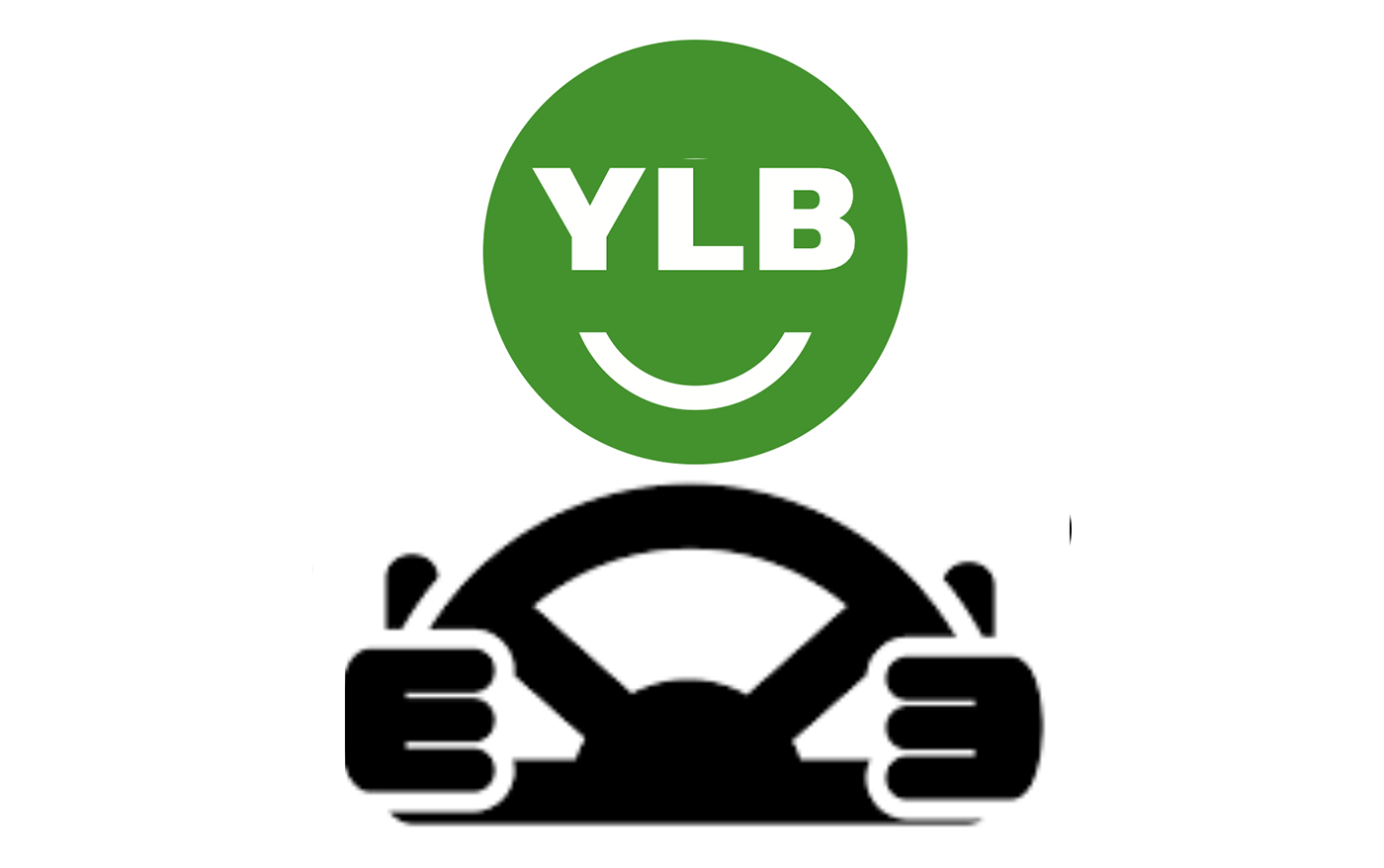While the Commune remains the owner of parking, it retains control over it: it can offer appropriate pricing, modulated durations and an offer that targets the publics it really wants to welcome (customers and people living in or visiting the center, with commuters being directed towards other modes of transport or more peripheral parking lots). Together with the reinforcement of public transport, bicycle lanes and safe, pleasant pedestrian routes, parking management is a decisive lever for the judicious orientation of mobility. Without it, it would no longer be possible to implement coherent, democratically chosen public policies.
Carrying out the initiative would mean privatizing all downtown parking! It entrusts its development and management to a private player, whose aim is to maximize financial returns. Claiming to control a private company for 70 years is an illusion, not to say a lie. It will oppose mobility measures or policies that would reduce the profitability of its investment. There’s a real risk that rates will be much higher than they are today, not least because of the high cost of parking, and that this parking lot will attract more commuters than downtown customers. This will mean missing out on the dynamism the initiators were hoping to achieve.


